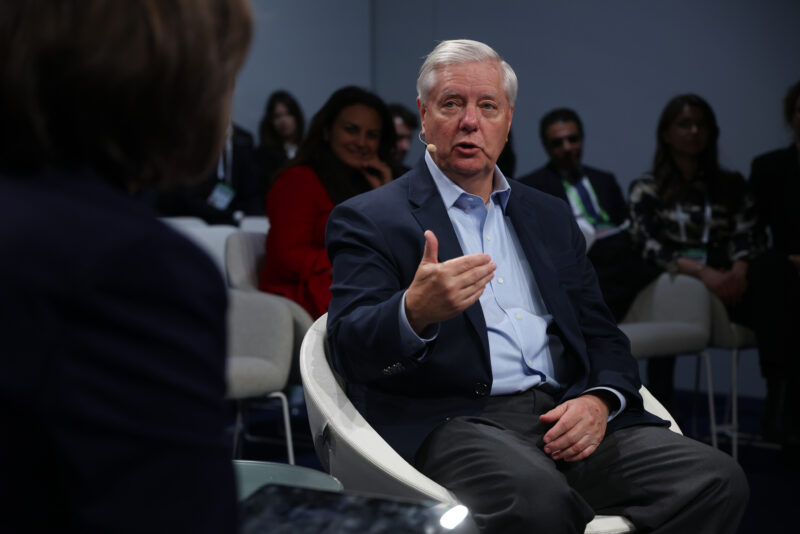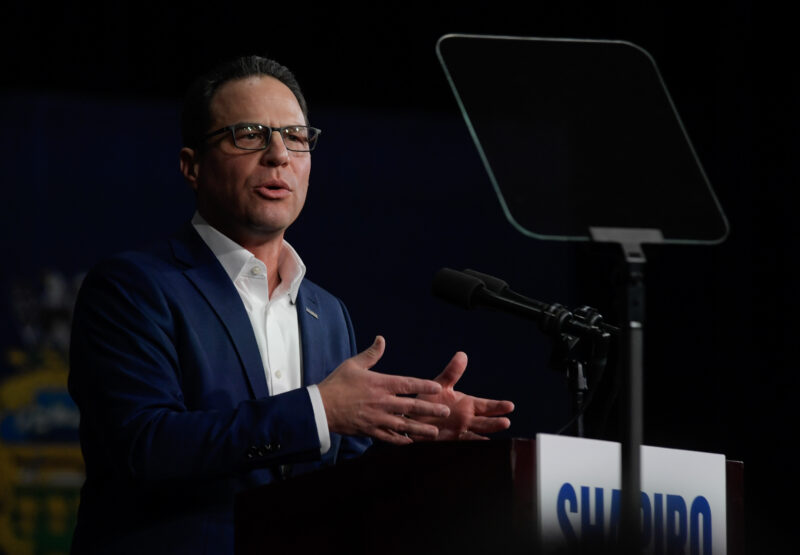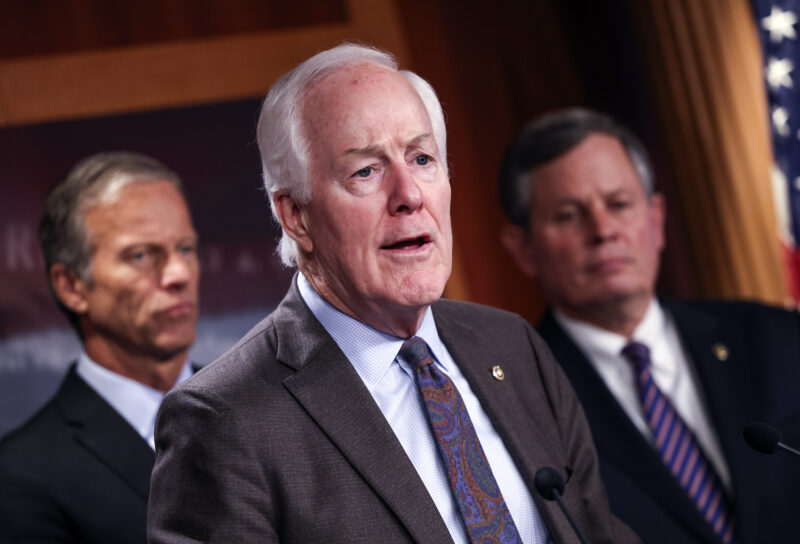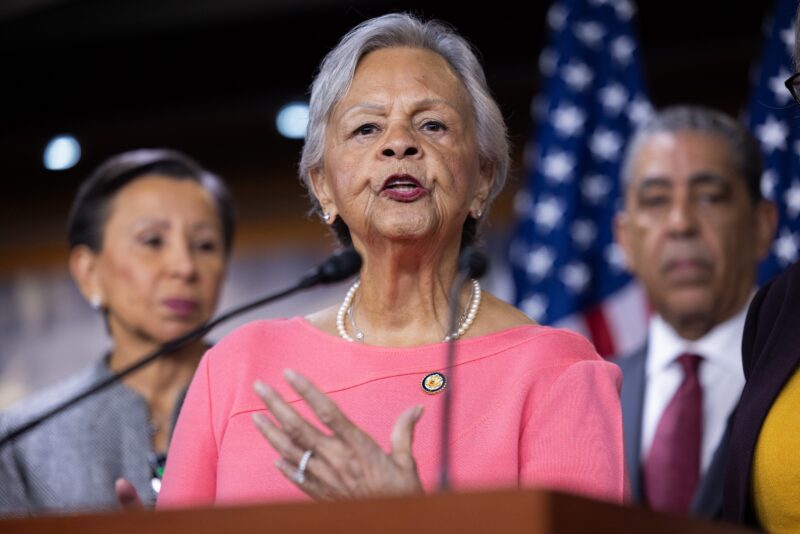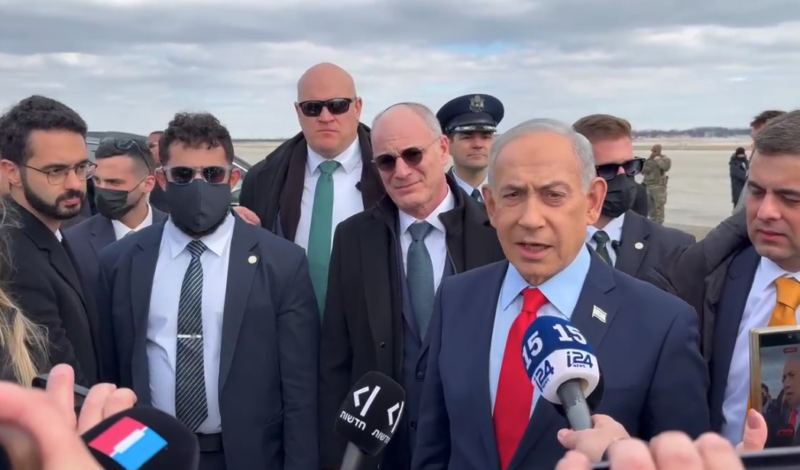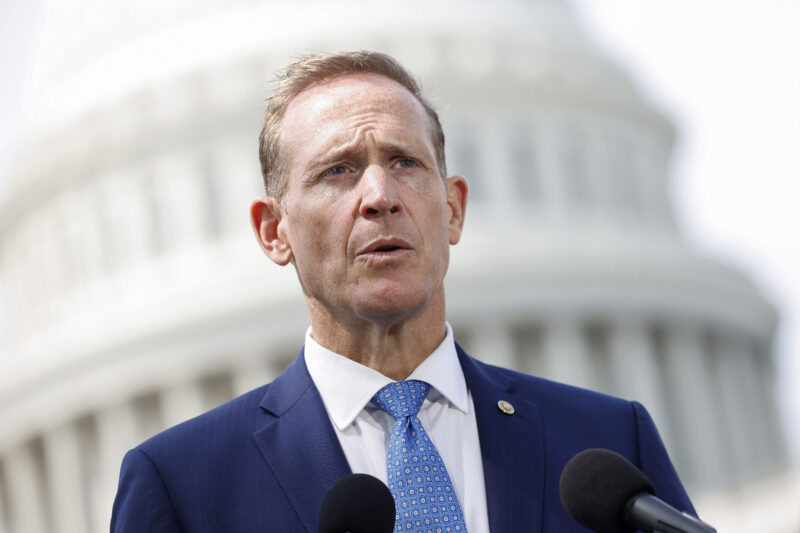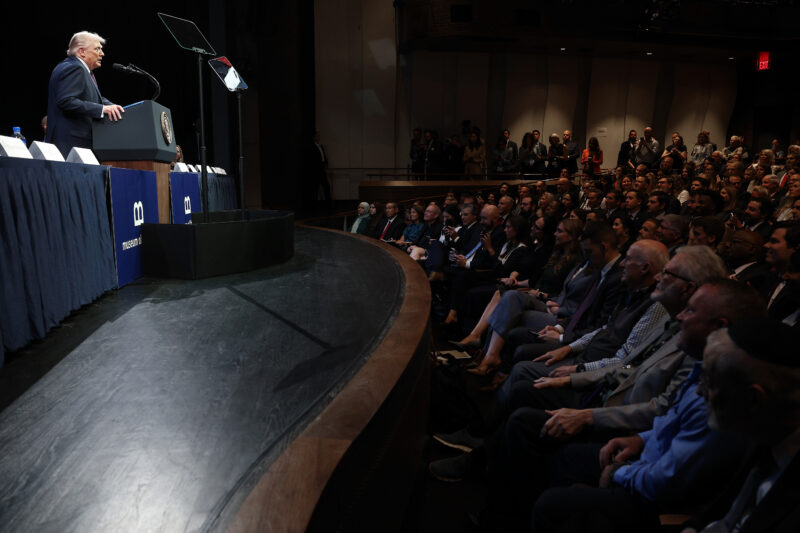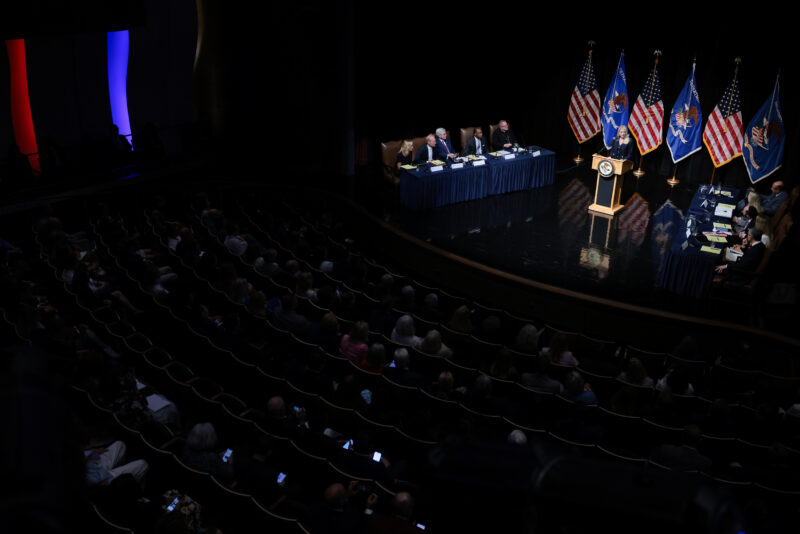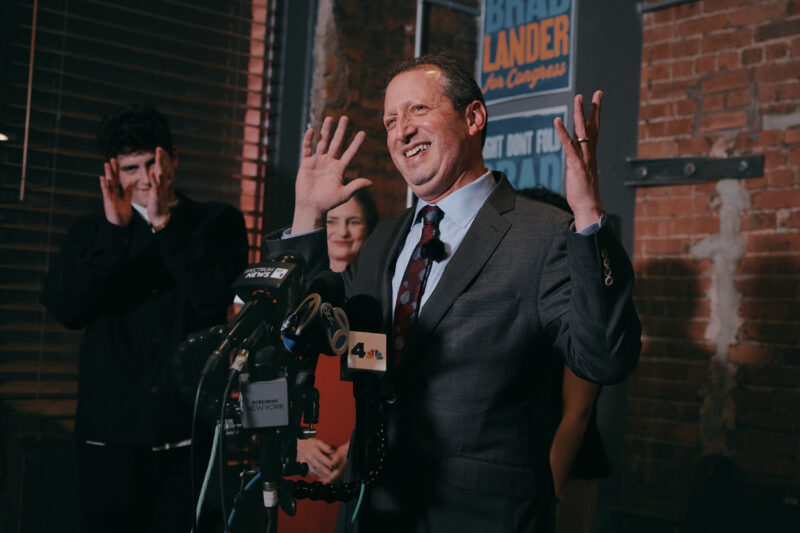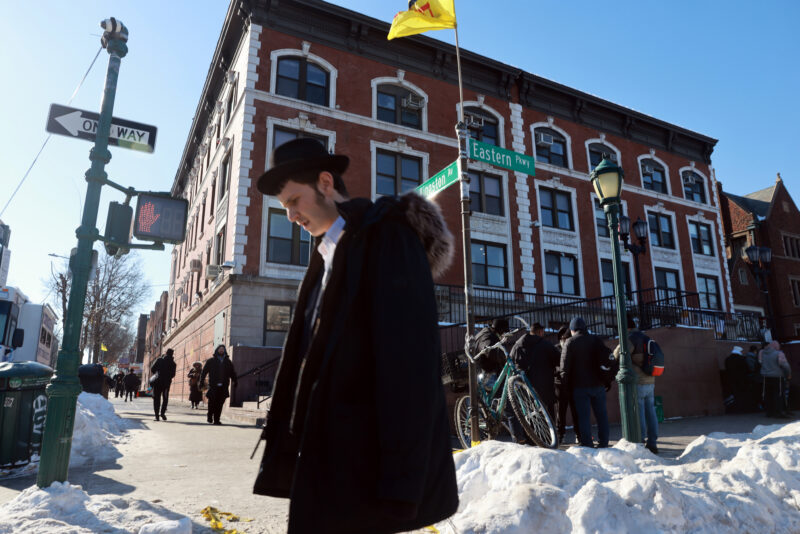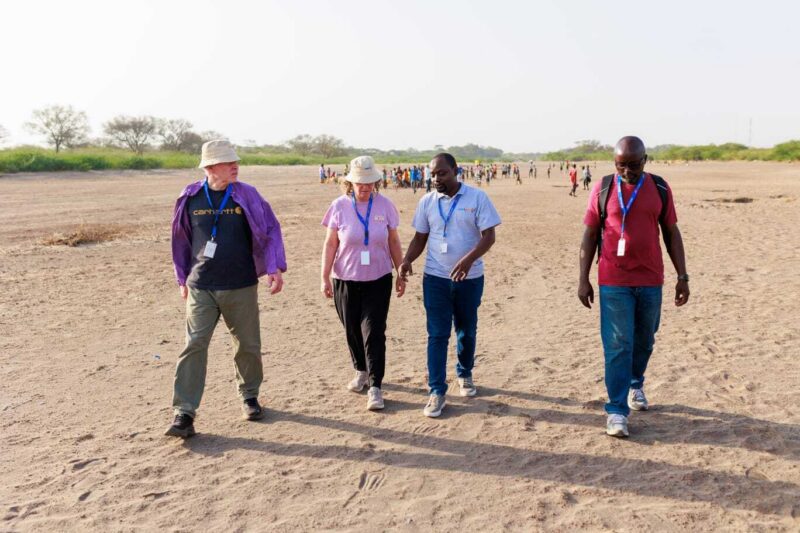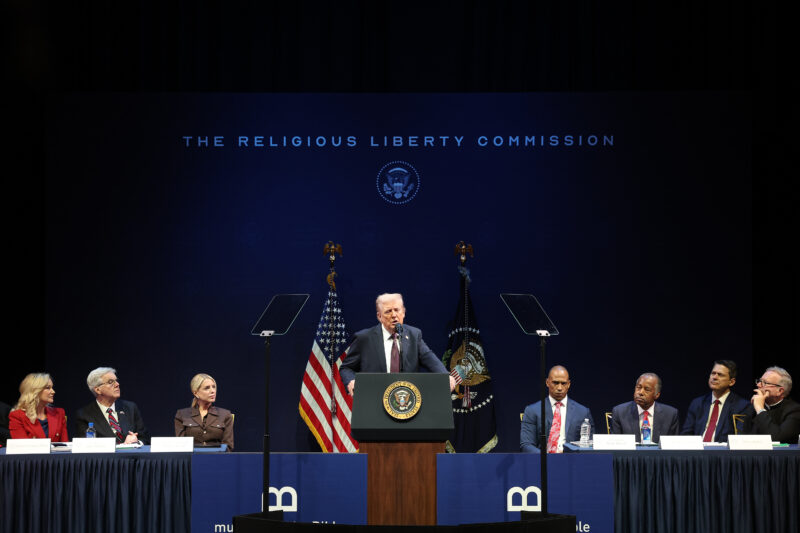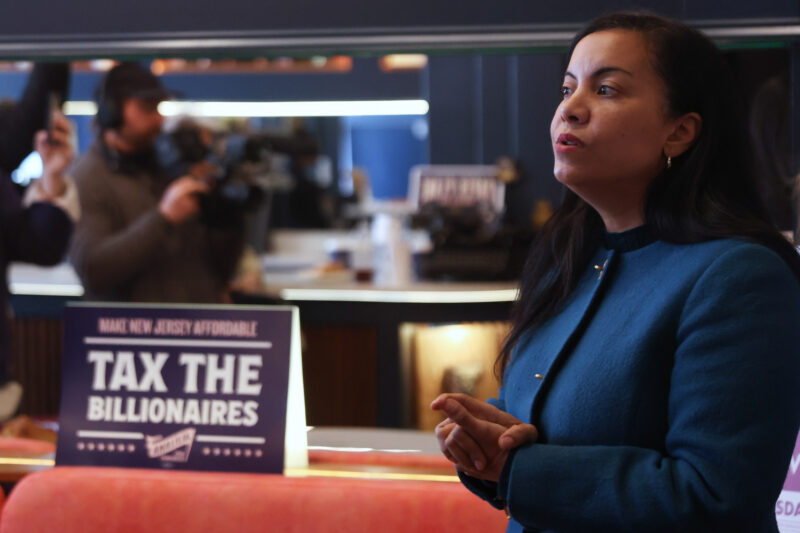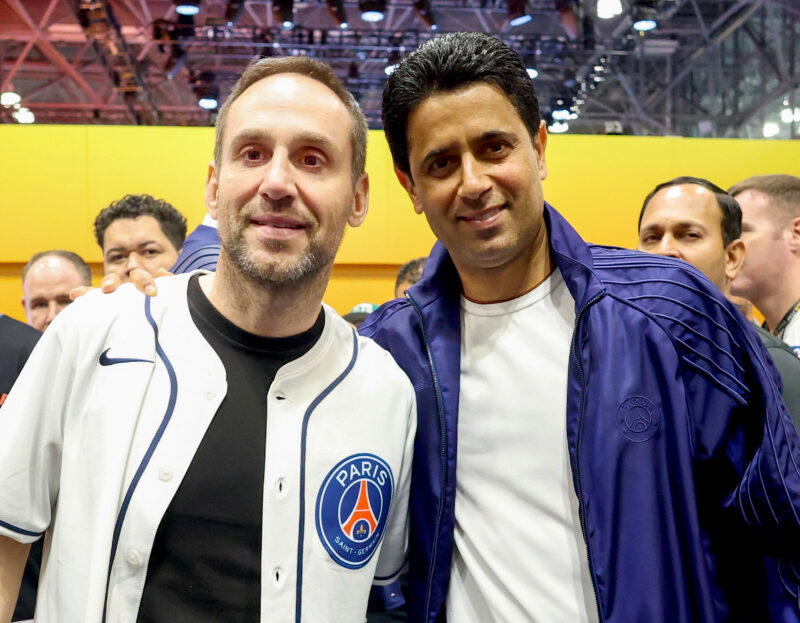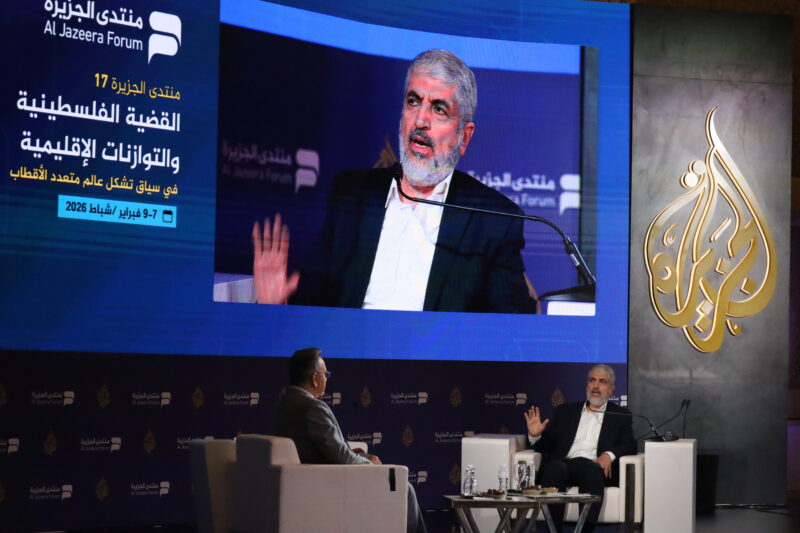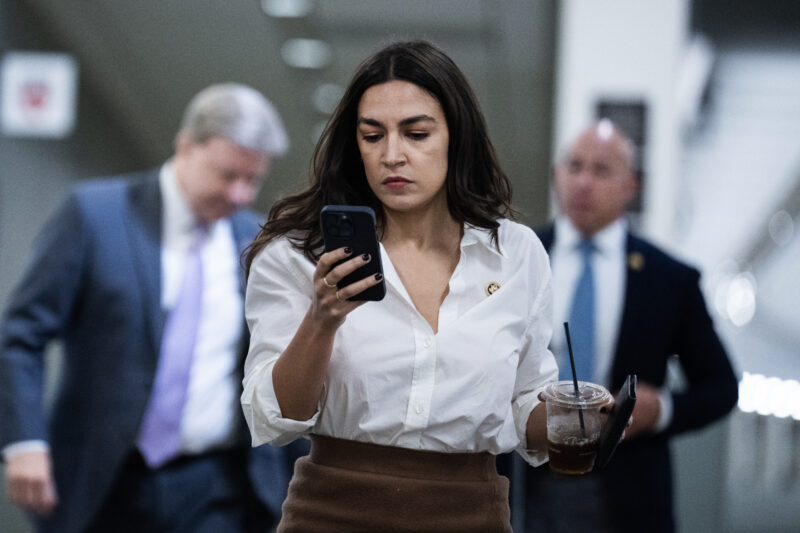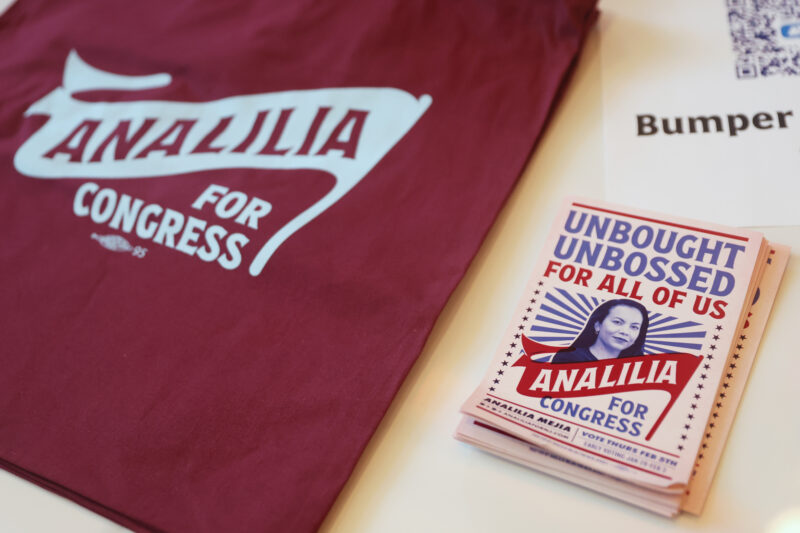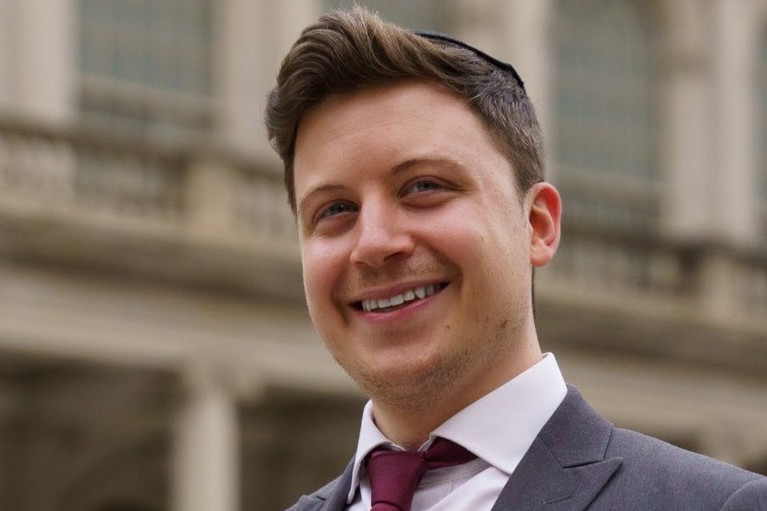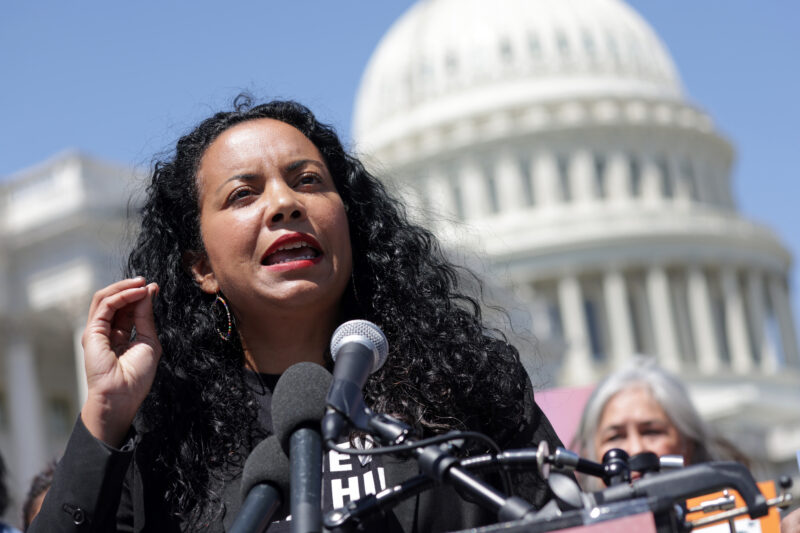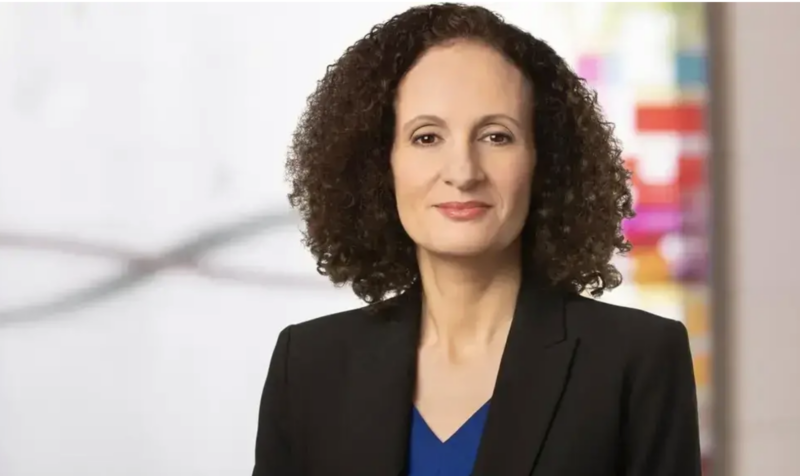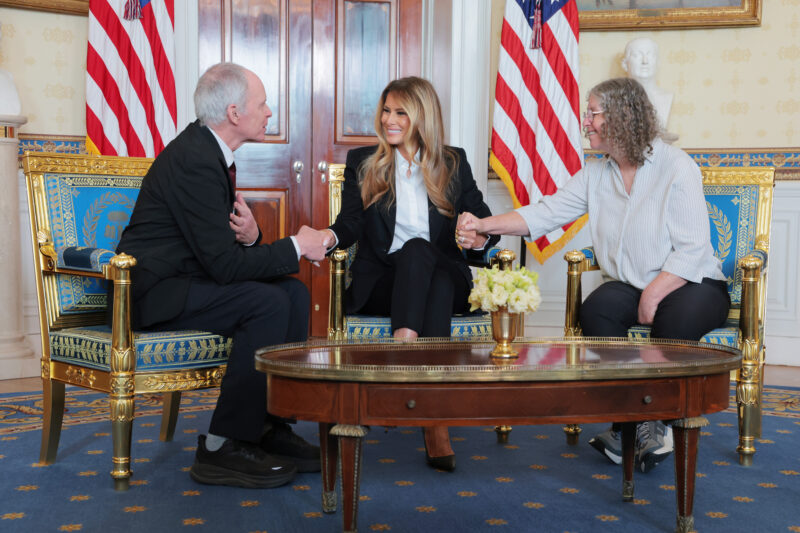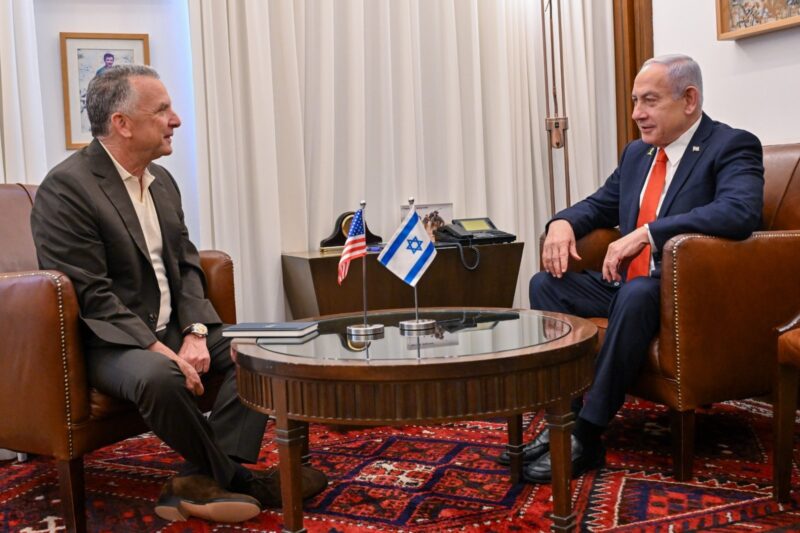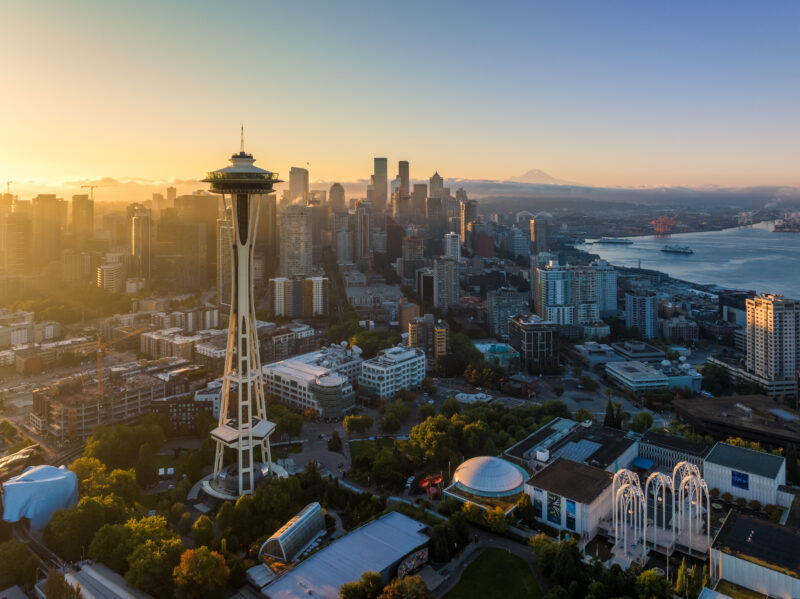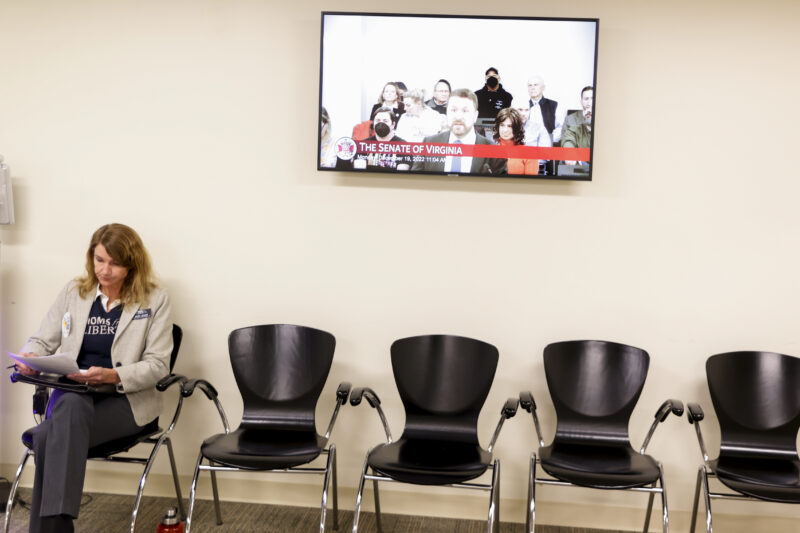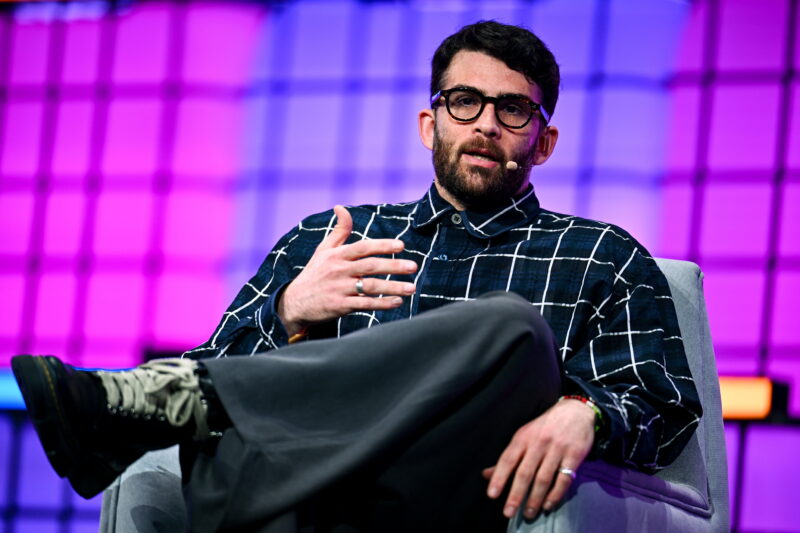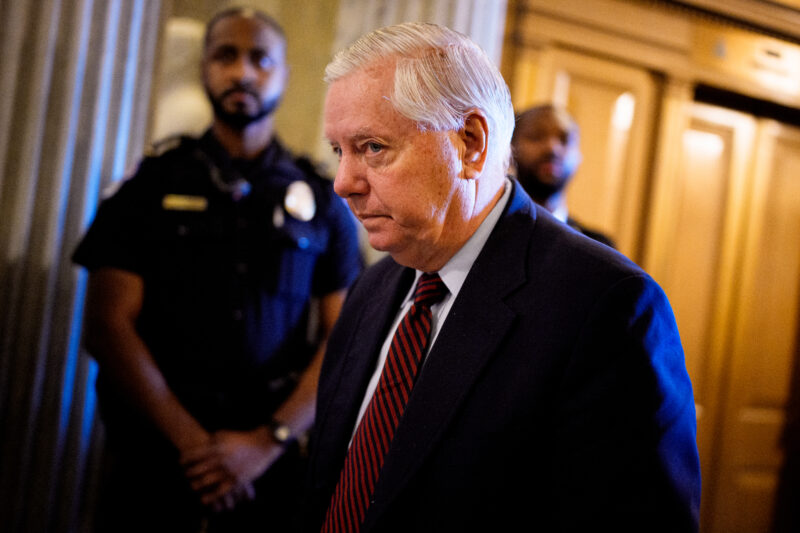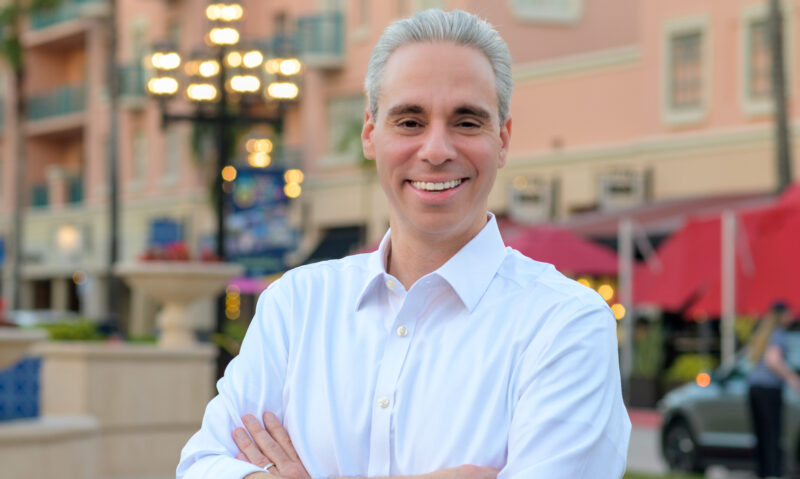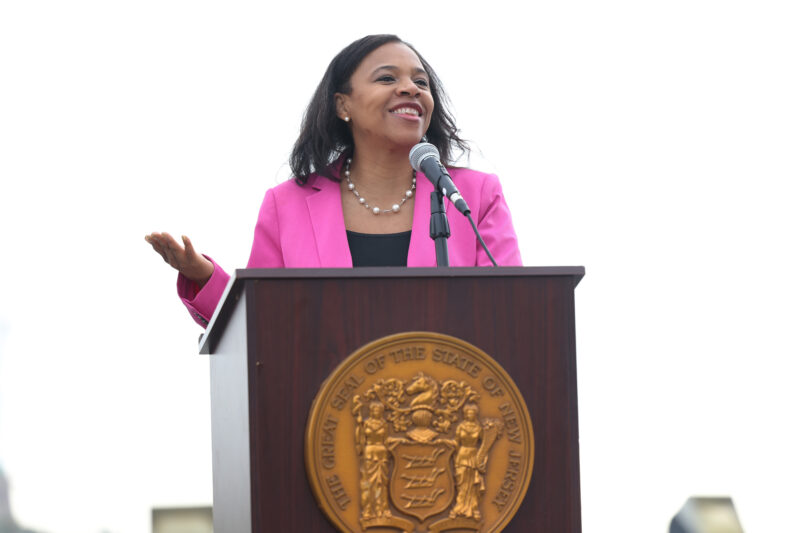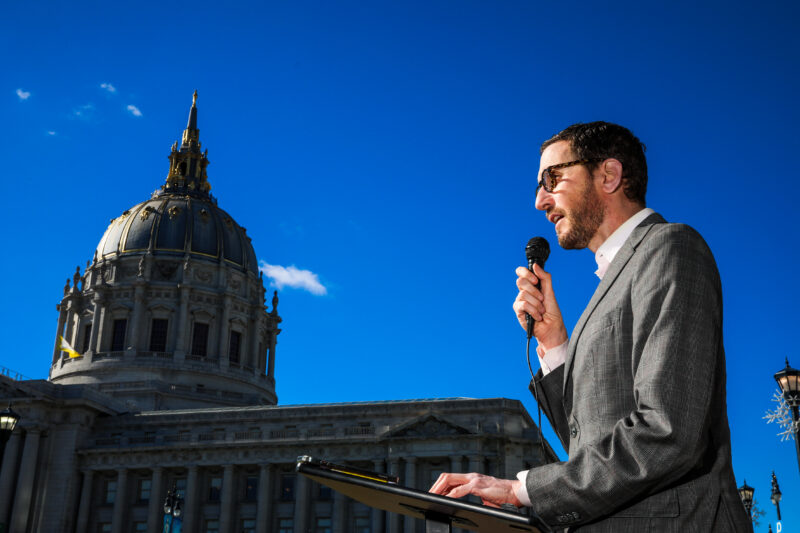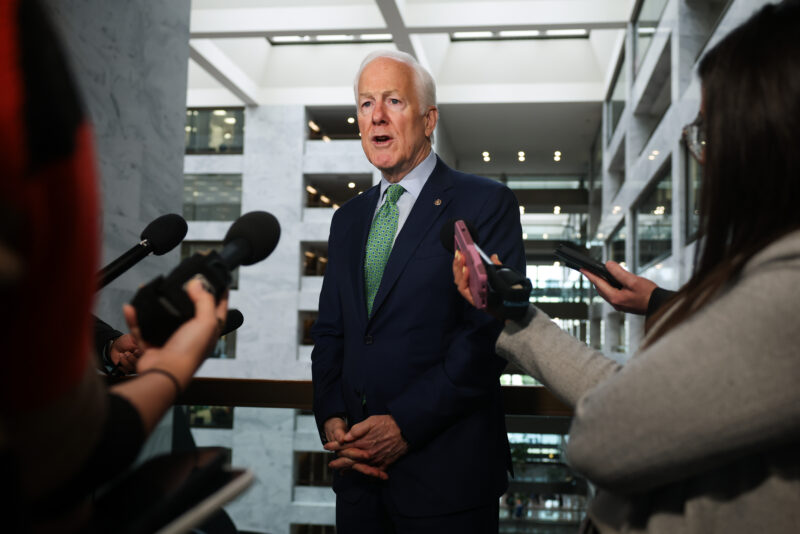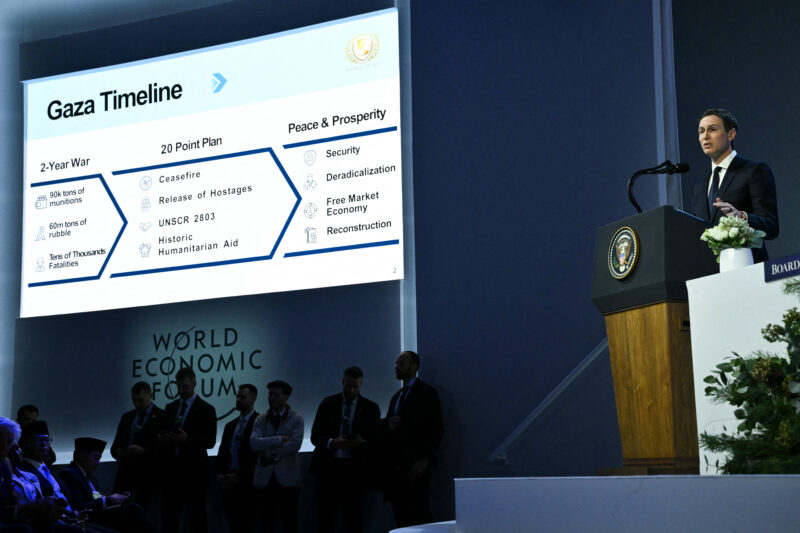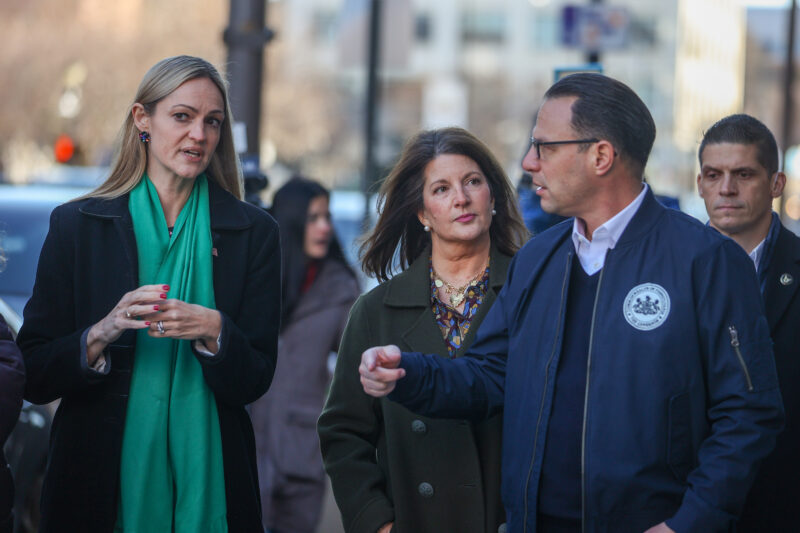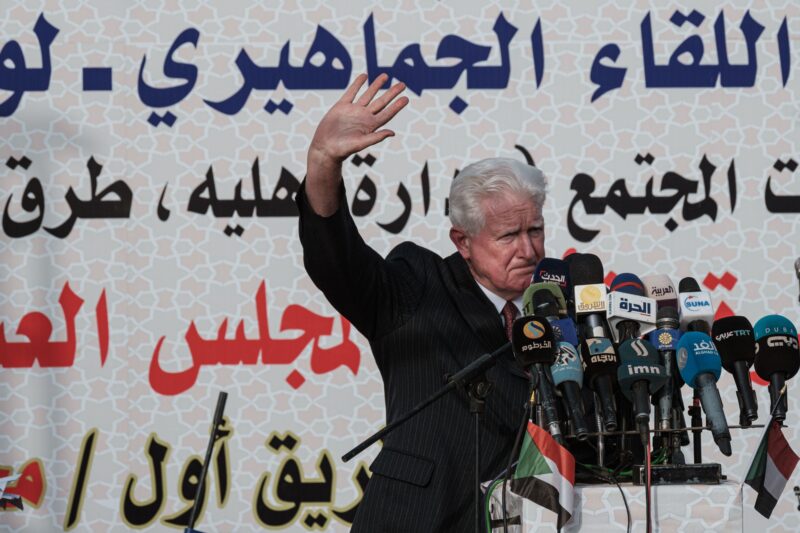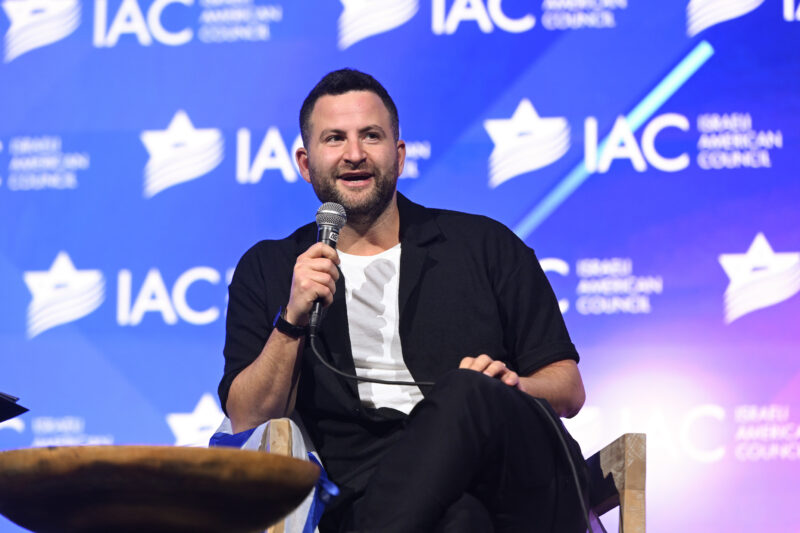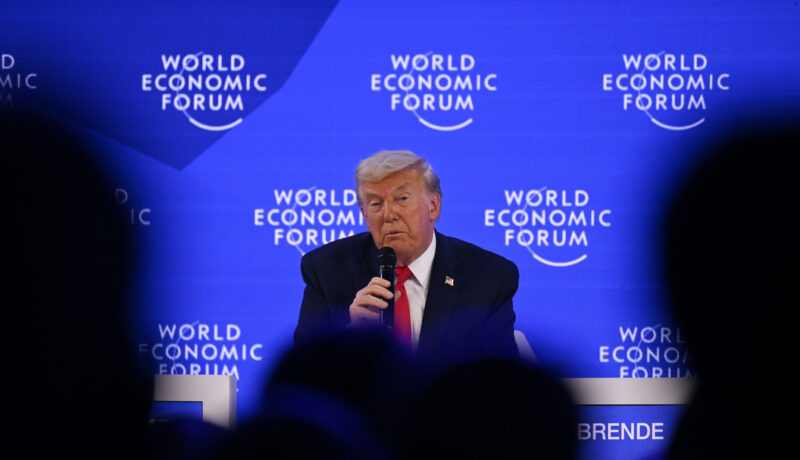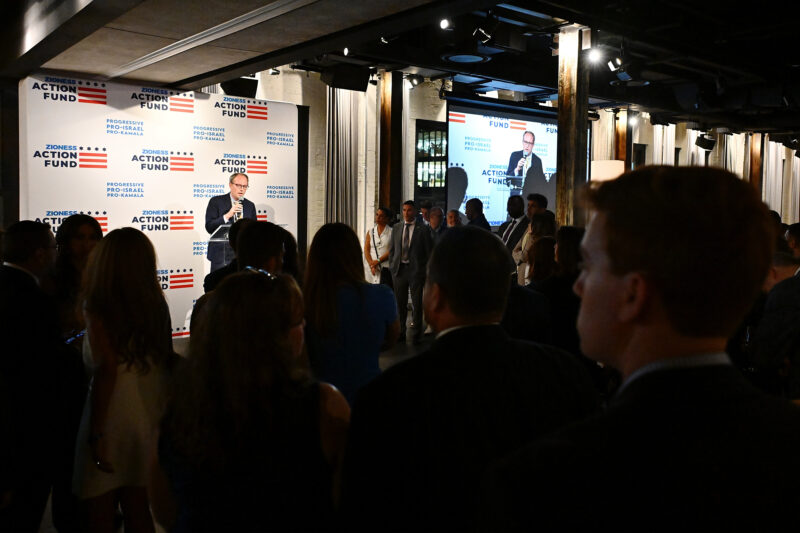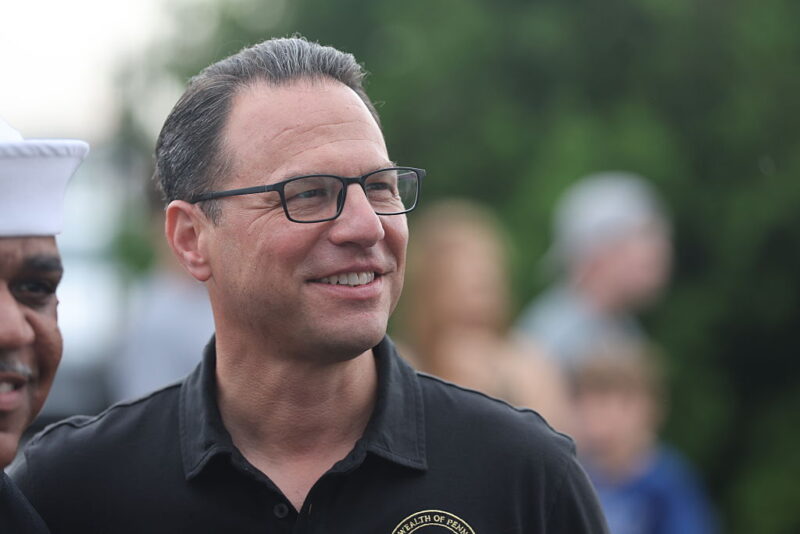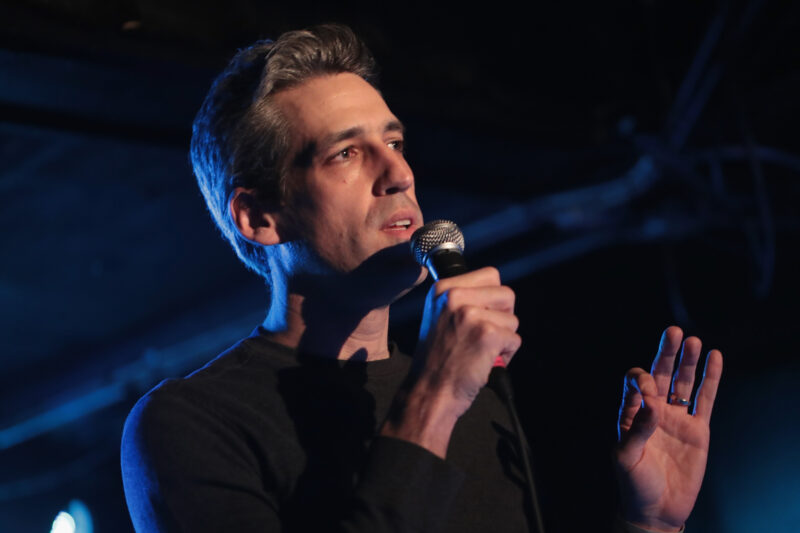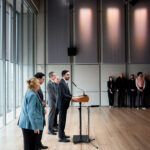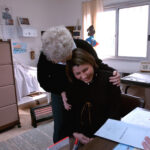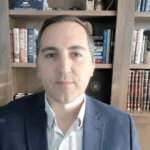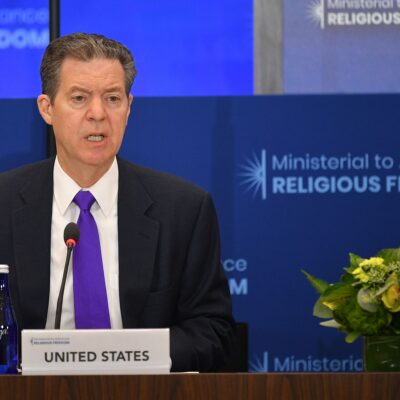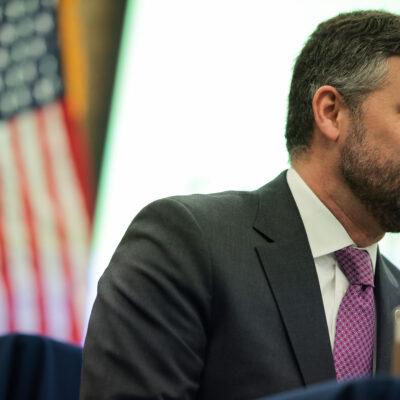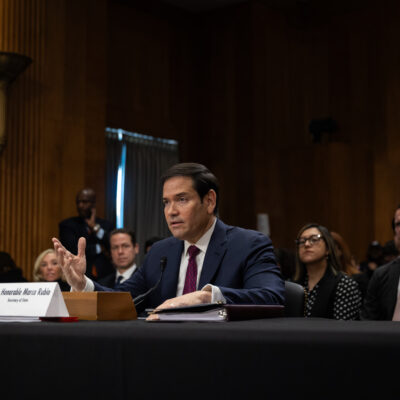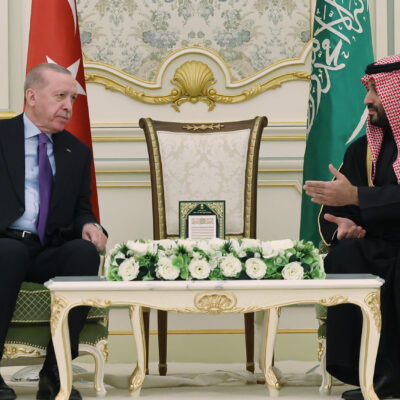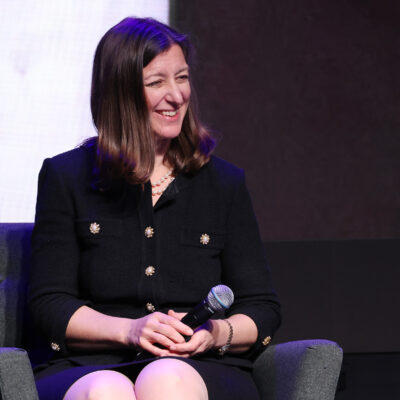‘I do support BDS’: Yuh-Line Niou lays out her Middle East policy approach
New York State Assemblymember Yuh-Line Niou is positioning herself far from the Democratic mainstream on Middle East foreign policy

Hans Pennink/AP
Assemblywoman Yuh-Line Niou, D-Manhattan in the Assembly Chamber at the state Capitol on Monday, Jan. 28, 2019, in Albany, N.Y.
Yuh-Line Niou, a state assemblywoman who is among the most prominent progressives in Albany, has quickly established herself as one of the top candidates of choice for left-leaning Democrats in the crowded primary for a House seat in New York’s redrawn 10th District, which encompasses parts of Manhattan and Brooklyn.
The 38-year-old lawmaker supports the Green New Deal, universal single-payer healthcare and abolishing U.S. Immigration and Customs Enforcement, among other causes championed by the party’s activist wing.
In a recent interview with JI as well as a brief email exchange, Niou positioned herself far from the Democratic mainstream on Middle East foreign policy, which she has not addressed as a state legislator. Most notably, Niou expressed support for the Boycott, Divestment and Sanctions movement targeting Israel — a position that holds significantly less appeal at the congressional level than the range of domestic proposals she hopes to prioritize.
“I believe in the right to protest as a fundamental tenet of western democracy, so I do support BDS,” Niou said in an email to JI on Friday afternoon, shortly after a phone conversation in which she had refrained from explicitly clarifying her own personal stance on the movement.
Niou’s position, however carefully worded, is likely to draw scrutiny in the district and could possibly reverberate beyond the race, which national pro-Israel groups have been monitoring for weeks. Only a small handful of House Democrats — including Reps. Rashida Tlaib (D-MI) and Ilhan Omar (D-MN) — support the movement. Last year, a former Florida state legislator, Omari Hardy, drew fierce backlash from Jewish voters as well as one powerful pro-Israel group after he came out in favor of BDS while competing in an open-seat House race that had drawn nearly a dozen Democratic primary candidates. He lost by a wide margin.
But even if BDS is largely unpopular among federal elected officials, it remains to be seen whether Niou’s stance will diminish her chances for the nomination in one of the most progressive districts in the country.
In a race where endorsements are expected to play a major role, particularly as polling suggests that most voters are undecided, Jewish and pro-Israel groups from across the political spectrum have yet to weigh in publicly.
Rachel Rosen, a spokesperson for Democratic Majority for Israel, which targeted Hardy last year in Florida and has otherwise opposed a number of progressive candidates who have criticized Israel in recent elections, would only say that the group’s political arm is “watching closely.” Meanwhile, AIPAC has “not made any decision about endorsing” in the race, according to Marshall Wittmann, a representative for the pro-Israel lobbying group. J Street is also still assessing the primary, where a total of 15 candidates are jockeying for the nomination.
Niou is among approximately seven leading Democrats in the race, where a rare vacancy opened up after Rep. Jerry Nadler (D-NY) decided to challenge a fellow incumbent, Rep. Carolyn Maloney (D-NY), in a separate district located entirely within Manhattan. The other top contenders include former New York City Mayor Bill de Blasio, City Councilwoman Carlina Rivera, Rep. Mondaire Jones (D-NY), state Assemblywoman Jo Anne Simon, former Rep. Liz Holtzman (D-NY) and attorney Dan Goldman.
There are just over six weeks remaining until the Aug. 23 primary, when turnout is likely to be abysmal, adding to the unpredictability of the race.
“This is a gong show,” said Chris Coffey, the chief executive of Tusk Strategies, who lives in the district but is not involved in any of the campaigns. “I think anybody who tells you they think they know who’s going to win is full of shit.”
Niou — who defied the local Democratic establishment when she prevailed in a six-way primary for her current Assembly seat six years ago — is assembling what many political observers view as a formidable coalition. She recently earned a major endorsement from the Working Families Party that will help bolster her campaign’s grassroots mobilization efforts. The congressional hopeful has also gained backing from some influential lawmakers in the state legislature, including state Assemblyman Ron Kim, for whom she previously worked as a chief of staff, and state Sen. Julia Salazar, who also supports BDS.
That Niou “is pro-BDS fully tracks with where she is” and “where she thinks she needs to be,” said a Democratic strategist in New York City who isn’t involved in the race.
Niou, who is Taiwanese American, is also courting the sizable population of Asian voters who live within the newly drawn district, parts of which she currently represents in Lower Manhattan, including Chinatown and the Lower East Side. The House district extends to the heavily Asian Brooklyn neighborhood of Sunset Park as well.
Niou has even engaged in some outreach to Orthodox Jewish voters in Borough Park, according to Ezra Friedlander, a Democratic consultant who lives in the neighborhood.
“Yuh-Line has a lane,” said Eli Valentin, an adjunct lecturer at Union Theological Seminary and a contributing columnist at Gotham Gazette. “She’s carving out the progressive lane on the heels of the Working Families Party endorsement and she’s known in the Asian community.”
While Niou is typically outspoken in the state legislature, where there are a number of high-profile BDS supporters, she does not appear to have previously clarified her own views on the movement, even if she has had the opportunity to address the topic in at least one candidate forum, where she did not provide a definitive answer.
In the interview with JI, Niou appeared similarly circumspect, focusing largely on BDS through the prism of free speech rights rather than revealing her own personal views on the goals of the movement itself, which, among other things, seeks to economically isolate Israel over its treatment of the Palestinians.
“It’s really important to make sure that we can speak up against anything that we feel is unjust,” she said. “It is the right of every American, I think, to exercise their right to free speech as they see fit, and I think that we should not punish those who voice their support of protected speech activities. I think that’s the core of deliberative democracy. I think that this is such a bedrock issue, the right to use your voice and use your dollars to create social change. I still remember when I was a young person I decided I wasn’t going to wear any Nikes.”
Niou recognized that her views are at odds with widespread legislation barring companies that contract with state governments from participating in boycotts of Israel. “I understand the background on why people would disagree with me, but I think that it’s important,” she told JI. “Maybe I’m coming from a very legalistic standpoint, but I think that it’s really about our ability to have freedom of speech.”
Still, asked to explain where she herself stands on the movement and its specific aims, Niou continued to demur.
“Um, do I personally support the BDS movement?” she said. “I mean, obviously, I think that it’s important for us to be able to have any kind of criticism of our own government. So I think that that is the part that is the most important.”
Niou further clarified that she was referring to the American government and not Israel, noting that “Americans are allowed to be able to decide on what they want to do when it comes to” their own buying practices.
Pressed for her own assessment of BDS on the merits, Niou instead zeroed in on accusations that the movement is antisemitic because it singles out the Jewish state. “People think that the BDS movement is in some way antisemitic, but I don’t think that it is,” she argued. “I think that it’s making sure that people can have the right to be able to have free speech.”
Niou was asked once more if she could explain her own views on BDS itself, lest JI risk putting words in her mouth.
“You’re trying to,” she responded. “I mean, this is just how I feel about it. I think that there are concepts of what BDS is and I understand where certain people are coming from, but I think that I disagree with the purpose of what it is. I think I disagree with what people are saying it’s doing, but I think that everybody has the right to engage in political, social or economic statements about how your own country is responding to other countries or to what other countries are doing. I think that that is your right as an American.”
It was only until after the interview that Niou finally provided an affirmative answer, via email, regarding her own support for the movement, though she remained focused exclusively on the broader debate around First Amendment rights.
Notwithstanding the apparent hedge, Niou is still the only leading candidate in the race to have explicitly declared support for BDS. For varying reasons, the other candidates — all of whom have recently spoken with JI — rejected the movement as counterproductive at best and deeply troubling at worst.
Even if she favors the movement, Niou also suggested that she would back some policies that seem to be in conflict with efforts to boycott, sanction and divest from Israel. For instance, she said she supports providing Israel with defensive U.S. military assistance to ensure that the country “can protect itself.” Israel, she emphasized, “deserves to live in safety and security.”
Still, Niou was unable to clarify whether she would have voted in favor of legislation to provide $1 billion in supplemental funding for Israel’s Iron Dome missile-defense system, which passed the House by an overwhelming margin last September despite resistance from a small group of far-left Democrats and one libertarian Republican.
“I actually have not read that bill,” she said, adding: “I do know what you’re talking about. I just don’t recall the language of it.”
More broadly, Niou explained that “our tax dollars” should “never be used for harm or violations against human rights,” while praising a bill, introduced last year by Rep. Betty McCollum (D-MN), that would place restrictions on U.S. military aid to Israel. “It’s just making sure that there’s accounting for our tax dollars,” Niou told JI. “I think that makes sure that we are not violating any human rights.”
While critics of BDS have argued that the movement leaves no room for the possibility of a two-state solution to the Israeli-Palestinian conflict because it does not acknowledge the legitimacy of a Jewish state, Niou said she she would support the establishment of a Palestinian homeland alongside Israel only if certain conditions are met.
“If a two-state solution with a capital in Jerusalem for both states is the solution that they choose, I will support it enthusiastically,” she said. “It’s really important that the folks who are mostly impacted are the ones who negotiate that, and I strongly, obviously, support making sure that we are having a diplomatic solution. With the ongoing tensions in this region, I think that the only way to move forward is for us to engage in diplomatic relations with Israel, the Palestinian Authority and other governments involved in ongoing negotiations.”
Niou said she had been personally affected by the conflict during her time as a student at The Evergreen State College in Washington state, when, in 2003, a fellow classmate, Rachel Corrie, was killed by an Israeli military bulldozer while defending Palestinian homes in the Gaza Strip.
“It was just this trauma that I think our class will never get over,” Niou recalled. “I think that was my first time thinking about what it means to have peace and what it means to support humanitarian action.”
At the local level, Niou said she has been particularly troubled by a recent uptick in hate crimes against Jews, Asian-Americans and other minorities, including incidents of antisemitic vandalism in her own Assembly district. “We’ve done a lot of work on trying to make sure that we are stopping the kind of hatred that we’ve been seeing,” she said. “It was really crucial for us to be able to get the funding that we did on the state level to combat the antisemitism, anti-Asian hatred and the racism that is so pervasive throughout New York right now.”
“The thing about our Jewish communities and our Asian-American communities that are so tied is that that one stereotype of us being somehow foreign or not belonging,” Niou told JI. “But I also understand that standing with the Jewish community means more than defining them solely by the acts of vandalism and antisemitism that we all experience,” she said, “and I think that we also have to be allies in aspects of life.”
As she seeks federal office, Niou said she is eager to engage in a broader ongoing conversation on some of the knottier Middle East policy discussions that have increasingly sown division within the Democratic Party. “From my end, I talk to my rabbis all the time, I talk to my constituents all the time, and I talk to a lot of my friends who are impacted, like they have family in Israel or family in Palestine,” she explained. “I think that it’s really important that we are having those dialogues.”
But the first-time congressional candidate indicated that there are some conversations she isn’t yet prepared to have. Near the end of the interview, for example, Niou could not say whether she would support expanding the Abraham Accords, which established diplomatic relations between Israel and a number of Arab countries.
“I think that’s a much more complicated issue,” she told JI. “When you’re a sitting congressmember, you get a lot more of the documents, the confidential documents and information that a lot of other people don’t get, so I actually don’t know what other people probably would know.”
“I can get back to you on that,” Niou said, “when I win.”
Please log in if you already have a subscription, or subscribe to access the latest updates.




